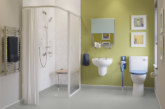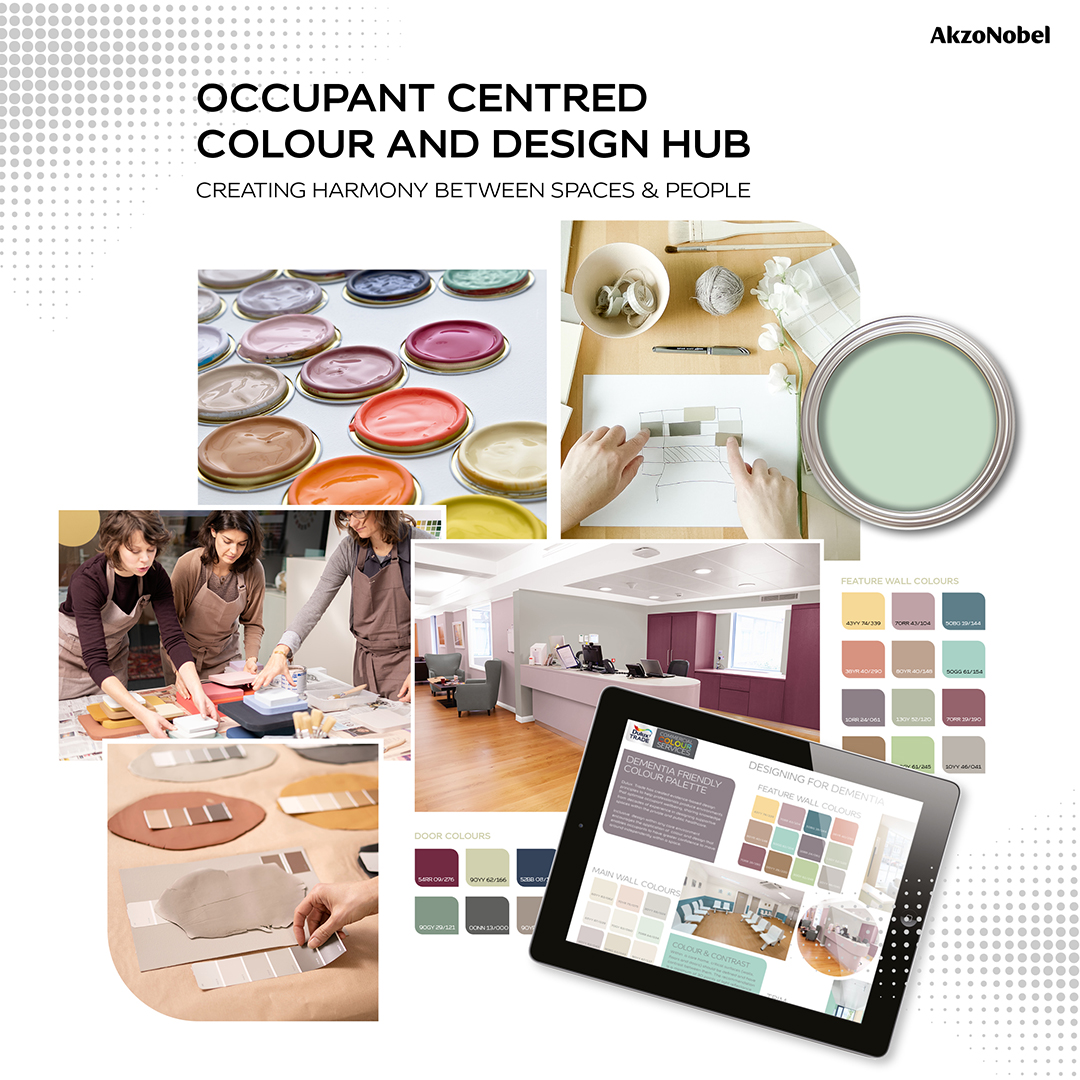
Dulux Trade is furthering its commitment to provide colour and design support to enable the step-change necessary in the provision of environments for an ageing UK population and supporting people living with dementia.
The Dulux Trade Occupant Centred Colour and Design (OCCD) hub showcases industry leading initiatives, piloted alongside industry partners, furthering ideas around the design of accessible and inclusive environments for care.
It was created to inform architects, designers and specifiers how expert colour and design application, with the occupant at the heart of the brief, can have a positive impact on wellbeing across a range of sectors, including healthcare and education.
A new specialist section on the hub – Designing for Dementia and Aged-Care – brings together the groundbreaking work Dulux Trade has undertaken over the years to use design to create optimal environments for dementia care in both healthcare and residential settings.
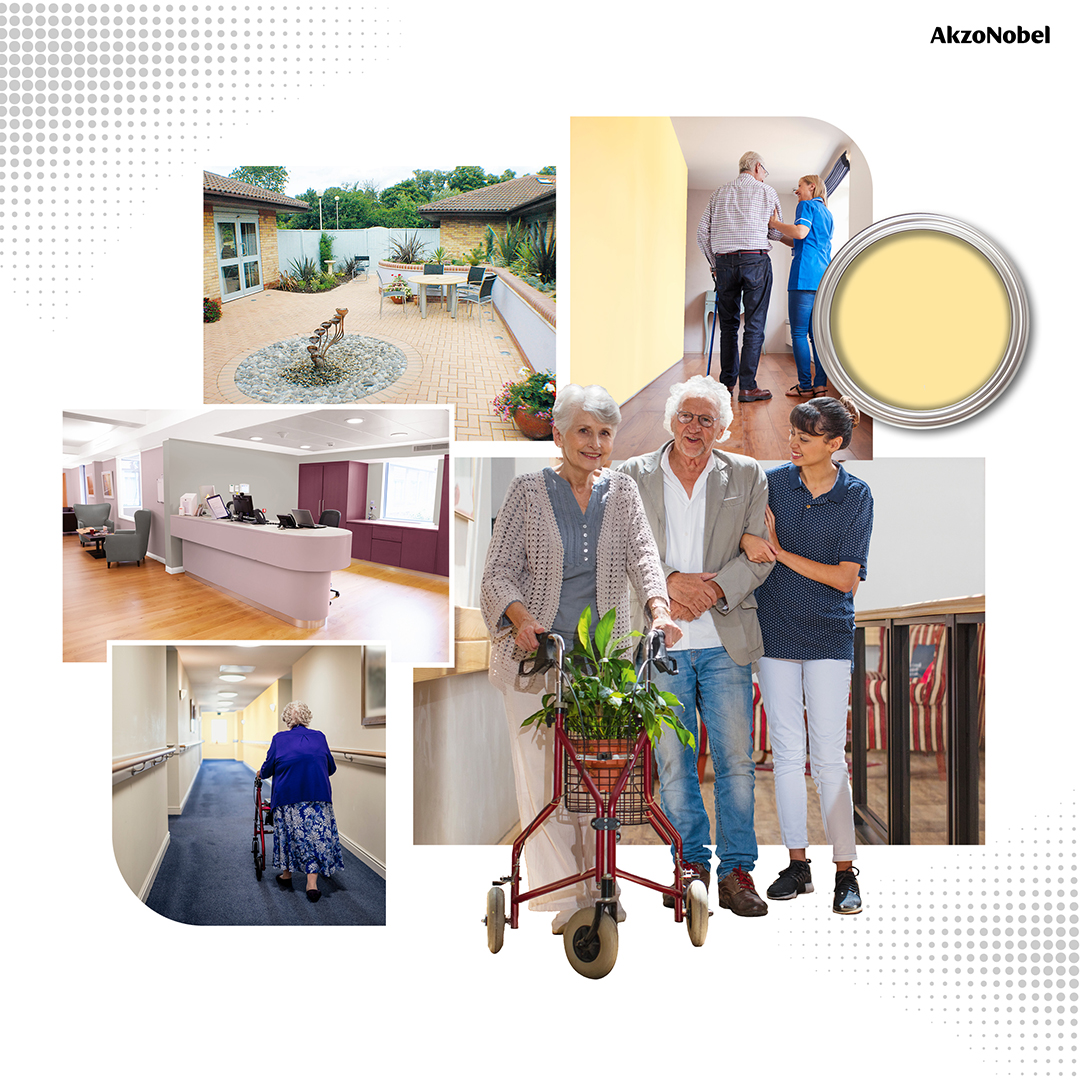
To help design professionals improve living spaces for people living with dementia, the hub offers practical safeguarding measures that can be used in the home or in residential care spaces, including colour and design advice geared to prevent trips and falls and help with wayfinding.
In addition, through use of a personalised colour scheme approach, the hub encourages exploration of ways to promote and preserve self-identity and enhance wellbeing.
A key feature is the innovative Dulux Trade Dementia-Friendly Colour Palette & Design Guide — based on a set of evidence-based design principles, which Dulux Trade has created by undertaking thorough research to explain how careful selection of certain colours, patterns and materials can help those living with dementia.
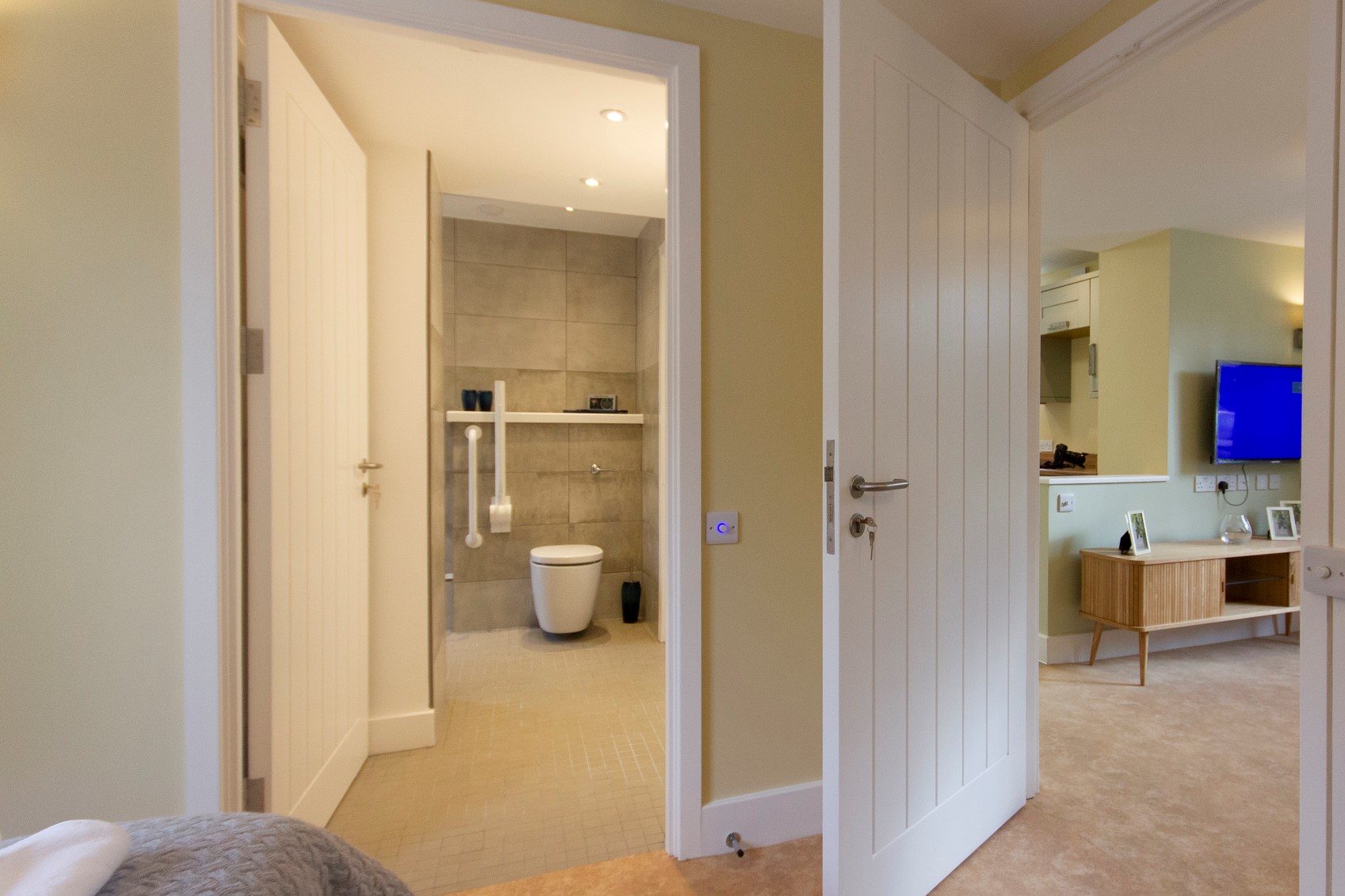
Dulux Trade is launching the new addition to the hub to coincide with Dementia Action Week, taking place from 17th May to 23rd May, which encourages people to take action to build a more dementia-friendly society.
Karen Wilkinson, Marketing Lead at Dulux Trade, said: “In the UK, someone is diagnosed with dementia every three minutes. This growing rate of dementia diagnoses requires a radical change in thinking and, to achieve this, we have been committed to supporting inclusive design for a number of years to help improve the wellbeing of people living with dementia.
“Building our Occupant Centred Colour and Design Hub to further support design for dementia and aged-care is one of the ways we are supporting the industry to think differently about how design can be harnessed to develop truly inclusive care environments.
“We’re pleased to be able to provide professionals with a wealth of information to help them create more supportive environments. Ultimately, by combining resources and expertise with other partners such as BRE, we can work towards a common goal to inspire more inclusive built environments that embrace everyone in society.”
The hub is the latest move from Dulux Trade to help develop solutions that are supportive of an ageing population staying in their own home.
In partnership with BRE, BRE Trust, Loughborough University and Halsall Lloyds Partnership, Dulux Trade helped build a dementia demonstration home — ‘Chris and Sally’s House’ — which has been adapted to cater for different types and stages of dementia.
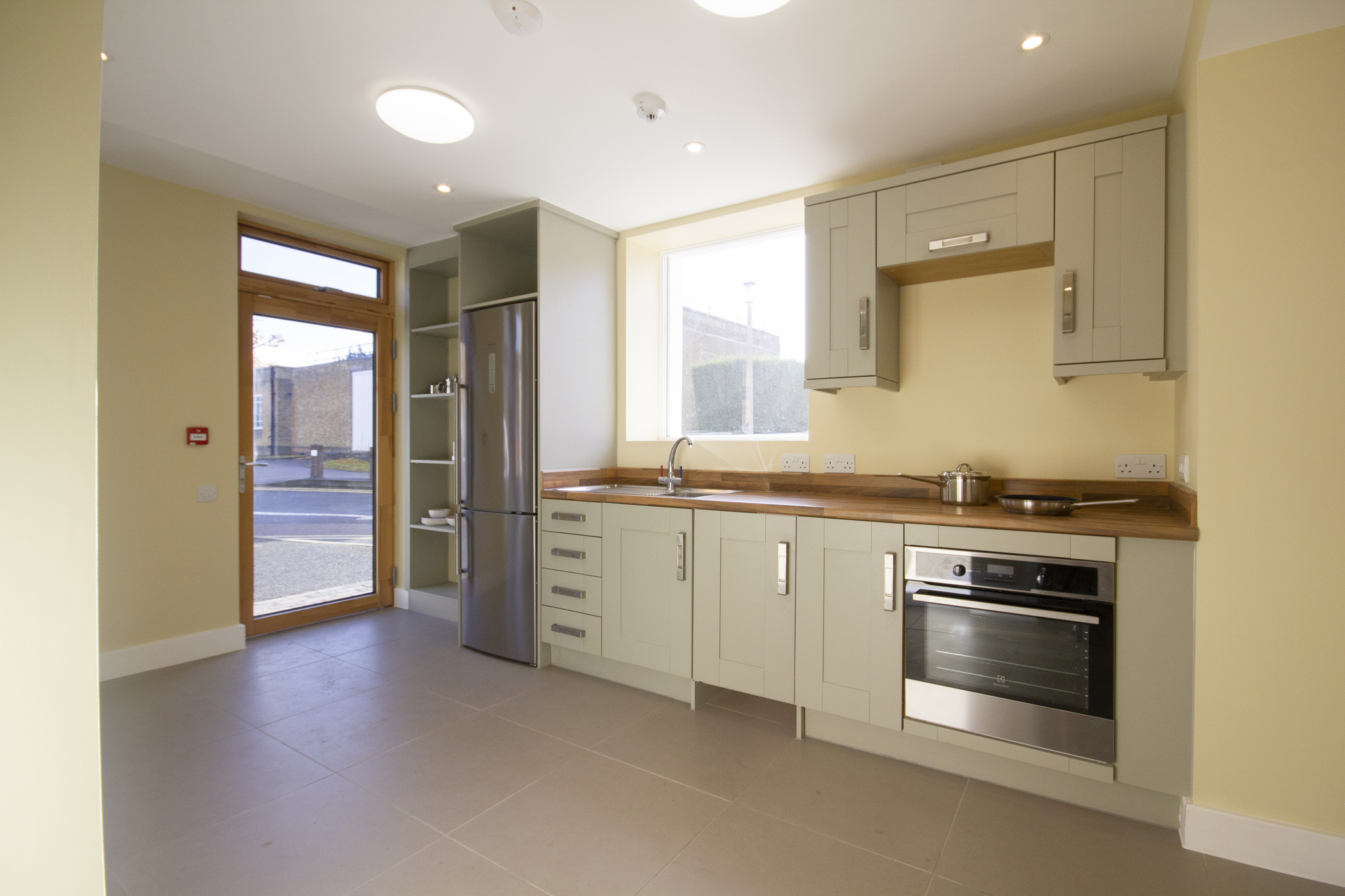
James Gbadamosi, BRE commented: “This research demonstrates just how powerful design is in the built environment and the impact that it can have on wellbeing. The Dementia-Friendly Demonstration Home is a perfect example of this, and the colour experts at Dulux Trade were instrumental in the project. Together, we’ve been able to bring design innovation for dementia-friendly spaces to the fore, and provoke real lasting change in the way our environments are designed across domestic, residential and healthcare building stock.”
Dulux Trade also played a key role in a historic project to transform Alexandra Palace’s old BBC Transmitter Hall to enable those living with dementia to more easily navigate their way around.
It was also instrumental in designing the dementia care spaces at Leeds Teaching Hospital, one of the biggest NHS trusts in the country, to ensure the environment was stimulating, welcoming and comfortable for patients.






